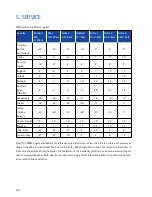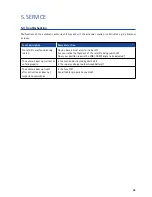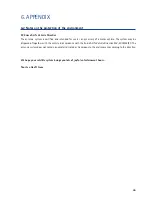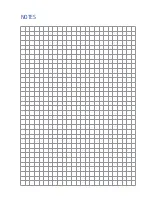
39
5. SERVICE
5.1 Reception in practice – aiming the satellite system
Satellite antennas are aimed at a satellite along three adjustment planes:
1. AZIMUTH ANGLE (COMPASS HEADING)
The azimuth angle defines the horizontal setting of the antenna, specifying the angle between North and anten-
na heading. It depends on the geographic position of the receiver and the satellite selected.
For example, Astra 1 (orbital position 19.2° East) has an azimuth of 173° in Berlin but 143° in southern Spain.
2. ELEVATION ANGLE (INCLINATION)
The elevation angle indicates the height of the satellite above the horizon. Like the azimuth angle, it depends
on the position of the receiver and the satellite selected. In Central Europe, it is typically between 25° to 35°,
decreasing as you move further North.
3. SKEW ANGLE (POLARISATION DEVIATION)
For optimal reception at the fringe of the satellites' footprints in southwestern and southeastern regions, the LNB
may have to be rotated to compensate for the polarisation deviation caused by the earth's curvature.
Oyster® systems are available with the optional SKEW function for automatic LNB adjustment.
OBSTACLES IN FRONT OF THE ANTENNA
10 metres
10 metres
9 metres
5,3 metres
42°
At 42° elevation (southern Spain)
a 9 metre high tree that is 10 metres
away will not affect reception.
At 28° elevation (northern Germany)
a 5.3 metre high tree that is 10 metres
away will not affect reception.
28°
Summary of Contents for L188TRS
Page 1: ... Oyster TV OPERATOR MANUAL www ten haaft com Oyster TV ...
Page 44: ...44 6 APPENDIX 6 1 Declaration of conformity ...
Page 46: ...NOTES ...
Page 47: ...NOTES ...










































